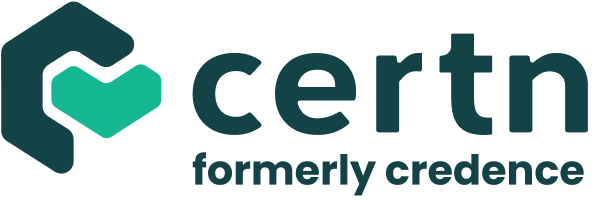What is a CRB check and how is it different to a DBS check? We explain the different agencies that check criminal records in the UK.
Whilst people still use the term CRB check; it’s actually an out of date term, which is no longer correct. What we called the Criminal Records Bureau is now the Disclosure and Barring Service. Depending on where you’re located, a registered body will be able to check your criminal record via three different organisations. In England, the DBS manages these checks – hence the term “DBS” checks. These make up the majority of checks in the UK. However, for people who live in Scotland, Disclosure Scotland manages the check and AccessNI for those in Northern Ireland. Despite the different agencies that provide information on criminal records, within the background checking industry they are usually simply referred to as “DBS checks”. All of these are government agencies which provide different levels of CRB check – or more properly, DBS check.
Most organisations can request a Basic Level check, however, registered organisations such as Credence have to comply with a higher level of regulation. This is in order to carry out a more comprehensive and insightful CRB check. (DBS check)
Anyone can request that the DBS conduct a Basic Level criminal record check (Basic CRC) – irrespective of the position. Whilst these were previously called CRB checks, since January 2018 the DBS has provided them for everyone in England and Wales. As mentioned above, they’re carried out by Disclosure Scotland for people in Scotland, and AccessNI for those in Northern Ireland. Depending on how efficiently the agencies are running, turnaround times can vary between coming in the same day to up to 10 working days. Basic Level checks give limited information, only providing knowledge on “unspent” convictions – check the link for more detail.
The agencies above register organisations such as Credence as Responsible Bodies. We can apply for basic CRB checks in every area of the UK – as well as many places overseas.
Formerly known as Standard CRB checks, Standard Level (DBS) Criminal Record Checks are only conducted on people entering certain professions, including ones in the accounting and legal fields. The Standard check goes into a lot more detail than the Basic one, providing details of any convictions held on the PNC, including both current and “spent” convictions. As well as this, it gives information on any cautions, reprimands or final warnings.
Credence can process a Standard level CRB check/DBS check using traditional paper forms or completely online through ebulk.
Once again, Enhanced DBS Criminal Record Checks were formally known as an Enhanced CRB check. We conduct these on people who will be working in fields designated as a Regulated Activity. The employer must be a Regulated Activity provider. The Safeguarding Vulnerable Groups Act 2006, which the Protection of Freedom Act 2012 amended, defines these positions. For example, professions such as teachers, scout or guide leaders, doctors and nurses fall under Regulated Activity. Once again, we can process checks traditionally with paper forms, or all online via ebulk.
This level of DBS check is the only disclosure to check the barred lists for children and adults. This was previously held by the Independent Safeguard Authority and included PoVA, PoCA and List 99.
In certain cases, the checks do not involve the barred lists. For example, in cases where gaming or lottery licenses are issues, an Enhanced DBS check is necessary.
There is one more thing which differentiates the Enhanced DBS check from the Standard one: a check against local police records. The police will then provide any information that is relevant to the position that the employer is considering the candidate for.
This list contains the details of any person that the Safeguarding Vulnerable Groups Act 2006 bars from applying for or working in, a Regulated Activity that involves children in England and Wales. It’s an instant check, which an employer can use to confirm that the law does not ban them from working with children in a Regulated Activity. One advantage of this is that it allows us to carry out the check whilst waiting for the DBS to finish the Enhanced check.

